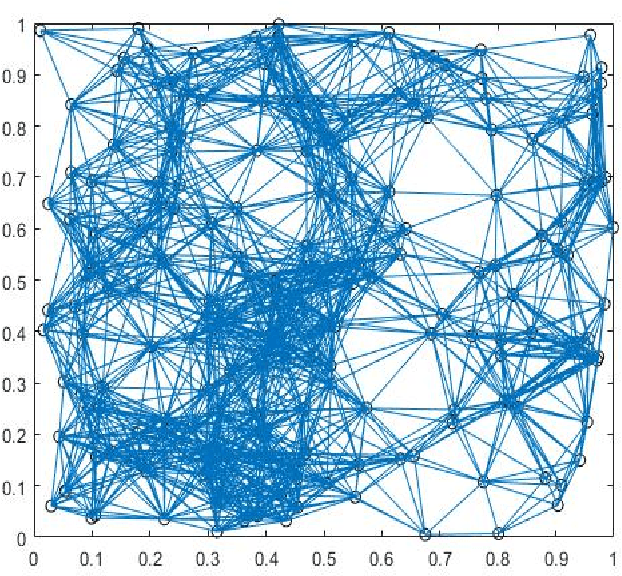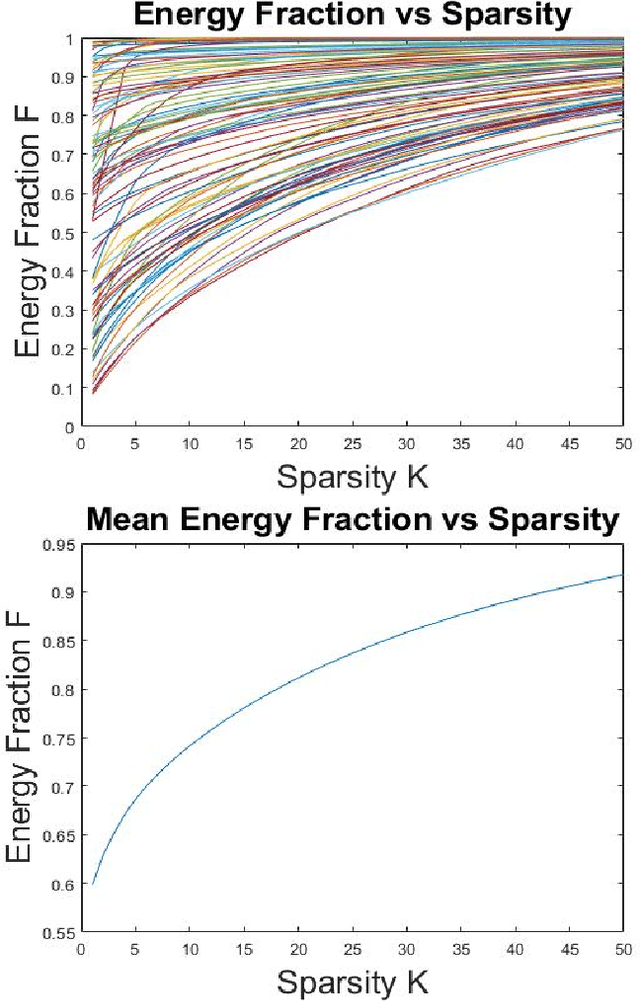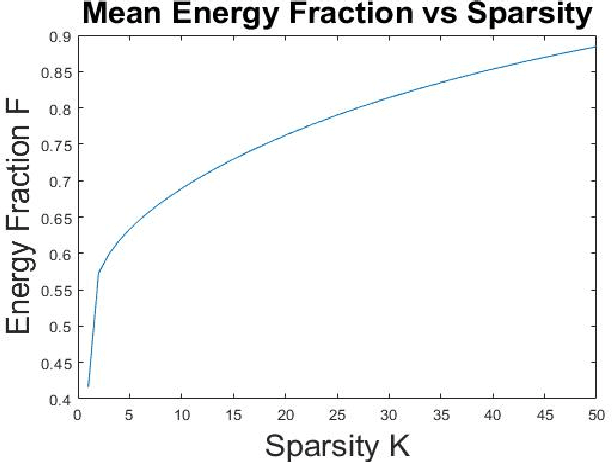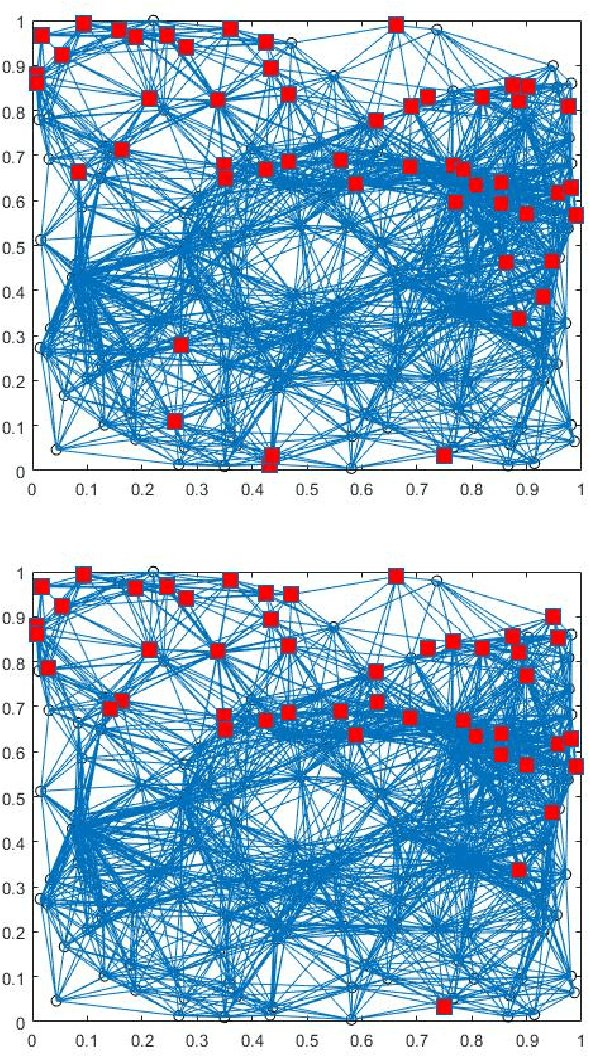Compressibility of Network Opinion and Spread States in the Laplacian-Eigenvector Basis
Paper and Code
Mar 28, 2021



Opinion-evolution and spread processes on networks (e.g., infectious disease spread, opinion formation in social networks) are not only high dimensional but also volatile and multiscale in nature. In this study, we explore whether snapshot data from these processes can admit terse representations. Specifically, using three case studies, we explore whether the data are compressible in the Laplacian-eigenvector basis, in the sense that each snapshot can be approximated well using a (possibly different) small set of basis vectors. The first case study is concerned with a linear consensus model that is subject to a stochastic input at an unknown location; both empirical and formal analyses are used to characterize compressibility. Second, compressibility of state snapshots for a stochastic voter model is assessed via an empirical study. Finally, compressibility is studied for state-level daily COVID-19 positivity-rate data. The three case studies indicate that state snapshots from opinion-evolution and spread processes allow terse representations, which nevertheless capture their rich propagative dynamics.
 Add to Chrome
Add to Chrome Add to Firefox
Add to Firefox Add to Edge
Add to Edge